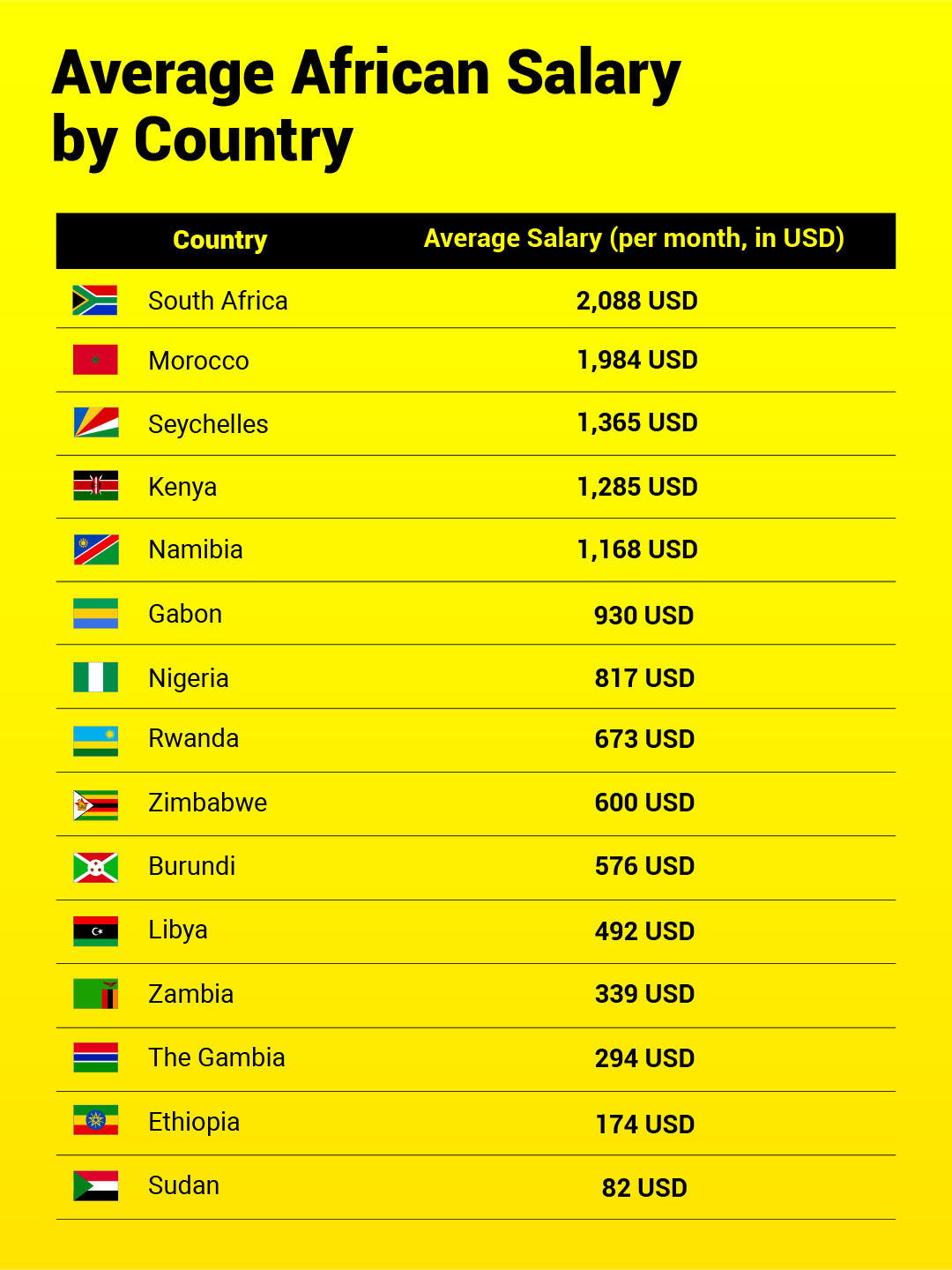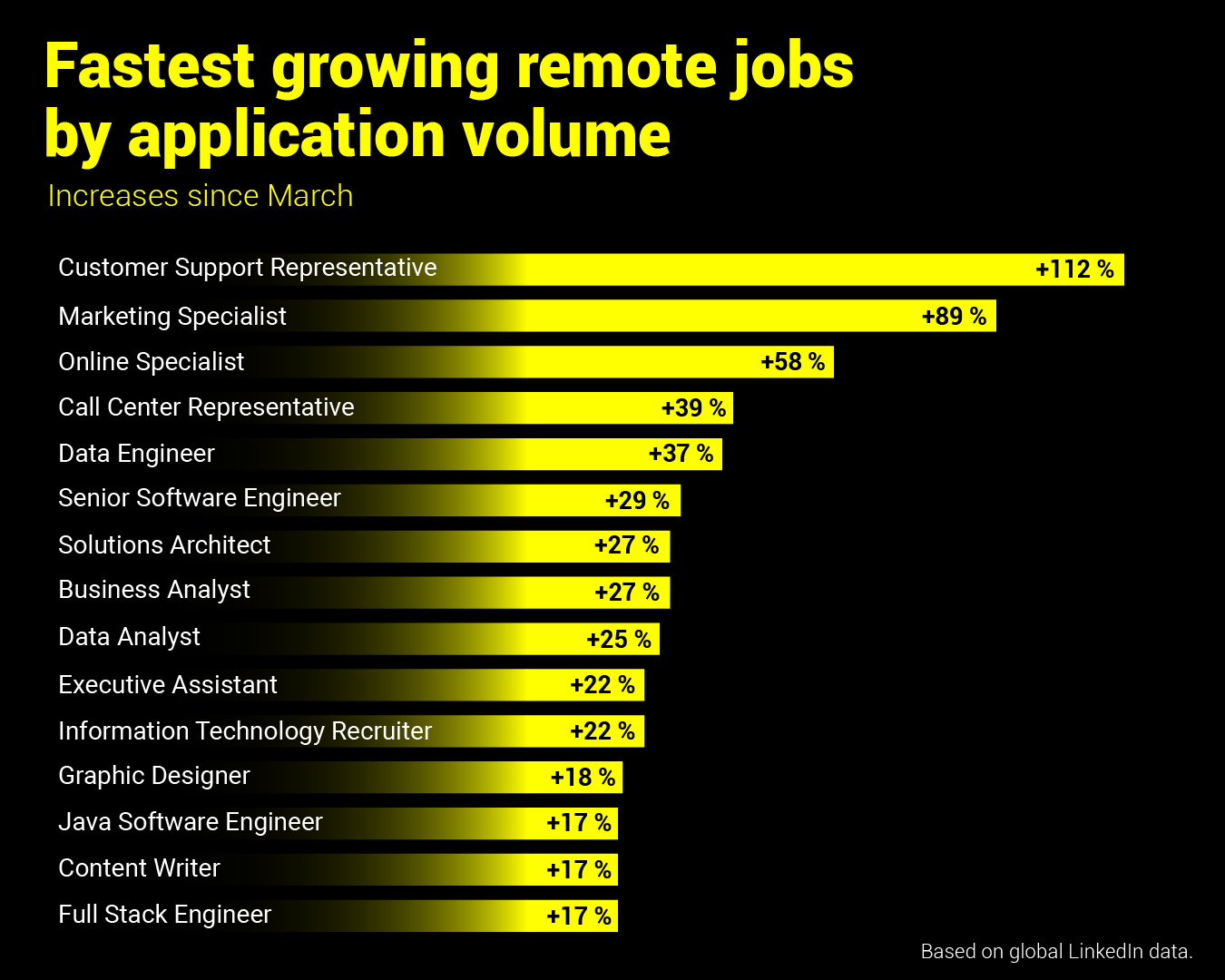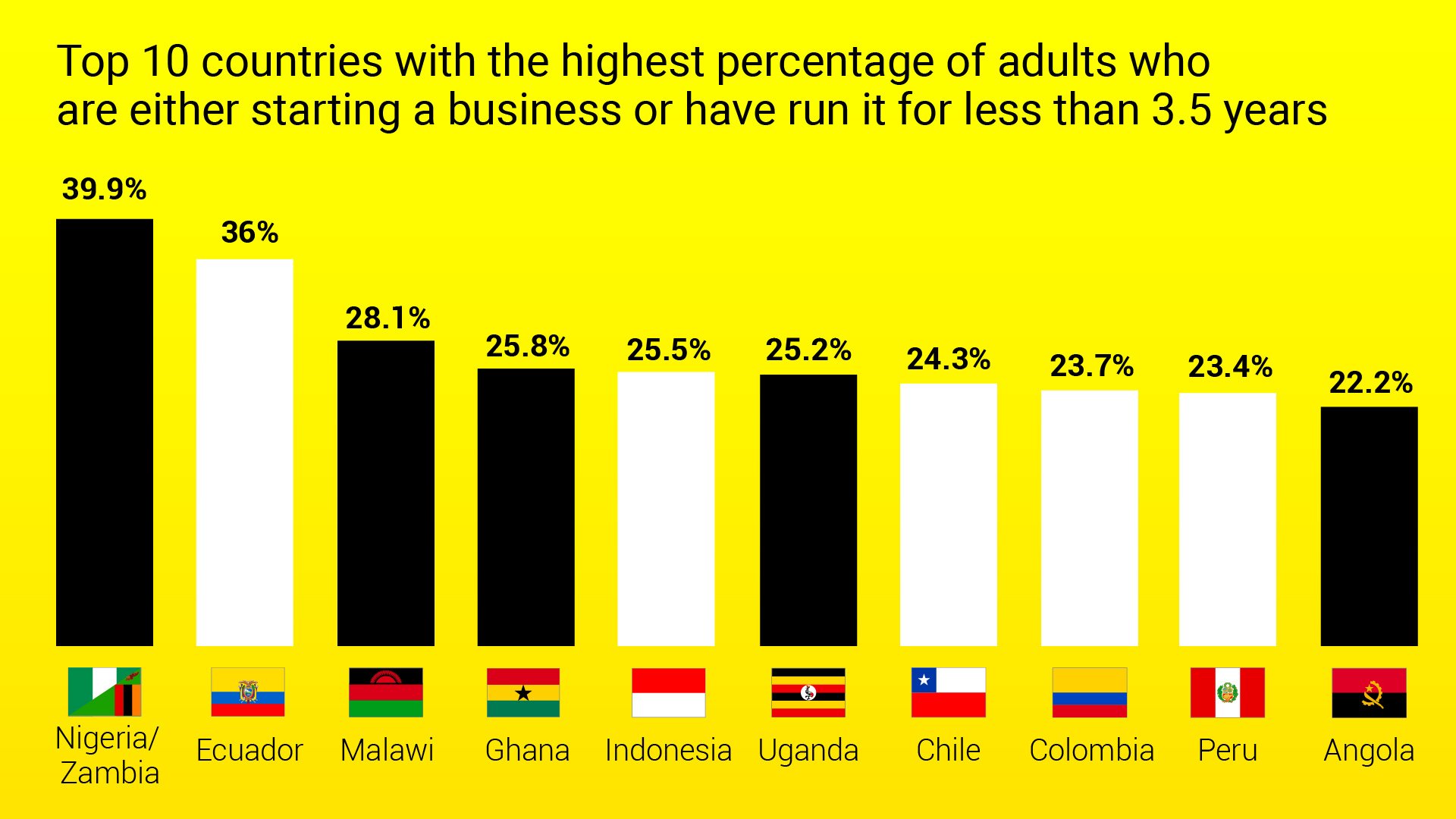Although the pandemic was the catalyst for remote working, many assumed that once normal service had resumed that everyone would be charging back to the office. They thought wrong!
Analysis has shown that by the end of 2023 it is expected that 25% of professional workers will be plying their trade remotely.
To find out just why that is and why workers who are looking to change jobs or careers should be considering remote jobs, Jennifer Bangoura, EdD, Nexford’s Director of Career Innovation, and Nicolas Goldstein, co-founder of Talenteum, ran an enlightening webinar on the topic where the critical growth areas in guiding talent and how to land a remote job in Africa was discussed.
Talenteum Africa is a social bridging platform offering long-term professional opportunities to African talent who are ready to work remotely with worldwide companies.
Currently, 42% of people working in Africa work remotely at least one day per week, 73% are willing to work remotely, and the number of companies hiring remote workers on the continent has risen to more than 800% yearly.
Why companies are hiring remote talent in Africa
With 12 million graduates entering the labor market each year, an ever-growing youth population, and low-cost economies, thousands of international companies are turning their attention away from the US and Europe to hiring top talent from Africa.
In the United States, the federal minimum wage is $7.25 per hour (U.S. Department of Labor).
Based on an 8-hour workday for a minimum of 22 workdays (excluding weekends), the monthly minimum pay in the United States is US$ 1,276. In Europe, for instance, in France, the interprofessional minimum wage (SMIC) is around €1,539 (INSEE).
Minimum wages in sub-Saharan African countries are lower than in Europe and the United States.

But it is not just fiscal benefits that makes Africa a hotbed for international and African companies looking to recruit top talent, it is an increasingly better educated population.
According to the UNESCO Institute for Statistics, the number of students in Africa enrolled in tertiary education has doubled from six million to more than 12 million over the last 15 years.
And it’s only going to get better. The vision for Africa in 2063 is that at least 70% of all high-school graduates go on to have a tertiary education.
Across Africa, higher education is seen by governments as intrinsic to success, and by individuals as the means to higher incomes and more rewarding careers.
African jobs are no longer limited by borders
Although the number of graduates and those getting higher-paying jobs in Africa is rising too slowly for some, the good news is that the job market for these in-demand individuals is no longer limited by geography.
Talenteum did a proof of concept before COVID and it demonstrated that many companies are willing to work remotely and as a by-product of that, hire remote workers.
The company was soon on the case, and it now has more than 250 people on its books working across African countries for global companies. The company’s mission is not to find freelance or part-time jobs for Africans, but to get them into full-time jobs where they can grow their careers.
Roles that international companies are hiring for in Africa
Talenteum is noticing that there is definitely a shortage of qualified candidates in the African tech sector, but there are dozens more sectors where Africans have the skill sets necessary to thrive in global companies and get jobs.
So, of those jobs, which can be done remotely? Talenteum has found that amongst others, the following vocations are the frontrunners.
There are data analysts, designers, project managers, consultants, data scientists, executive assistants, virtual assistants, salespeople, remote agents, web marketers, secretaries, writers, auditors, graphic designers, accountants, developers, and DevOps personnel.
These are some of the jobs people can do remotely, but is by no means an exhaustive list.

Nicolas Goldstein says, “We have established that all these jobs can be done remotely, what we then have to do is connect the right talent in Africa to the right global companies.
This is where Talenteum comes into play. We find the right people, then endeavor to put them in the right jobs that match their skills sets and at the highest wage possible.
By trying to build a strong middle class in the countries in which we operate we are also trying to contribute to the growth of Africa.”
Types of companies interested in hiring African talent
When it comes to mature markets that global companies are looking to source top talent from, India and Asia have dominated the market for the last 15 to 20 years, but Africa is catching up, so we are seeing that there are more African start-up companies coming on the scene.
The ecosystem is building and people are saying, “Oh, we still have some people in India, but we should consider Africa.” That’s why Talenteum have elected to focus on Africa where there is a huge workforce that the company is trying to find well-paying jobs for at global companies.
For this to happen though, Africa must focus on three incredibly important things, education, entrepreneurship, and energy.
Starting with the last one first, Africa can’t become a hotbed of remote working when governments fail to supply the energy required to power people’s internet connections.
Energy interruptions just will not do, so the infrastructure needs to be improved or ways of using renewable energy sought.
Then there is the one that Africa has traditionally suffered with and that is access to quality education. This is where Nexford University is helping by providing affordable 100% remote learning.
Finally, there is employability. A good education does not necessarily mean that Africans will just walk into a lucrative job. What they often need is a conjugate that will introduce them to companies and show them ways to become a standout candidate.
Worth mentioning is that Talenteum does not just concentrate on helping place candidates in companies, the company also prides itself of introducing entrepreneurs to companies who are looking for business solutions that these forward thinkers possess.
Africa is the hotbed for entrepreneurship with The World Bank estimating that SMEs are responsible for 77% of all jobs in Africa and as much as 50% of GDP in some countries.
With governments seemingly doing precious little to address the electricity crisis dogging the continent, it would appear that the solutions will come from bright entrepreneurs.

Nexford has also witnessed the growing trend toward entrepreneurship in the job market as the university welcomed an increasing proportion of entrepreneurs to both its recent Nigeria and US graduation ceremonies.
LinkedIn is still the platform for job candidates to get noticed
It is scary how these days many people still do not use LinkedIn which is an open door to the world. If you are smart enough to promote yourself, that could be a fantastic opportunity to be hired remotely.
You can also do some personal training on YouTube or earn certificates online at Nexford that you can add to your CV.
Either before or after that, if you are looking to sign up with Talenteum and work toward getting a remote job, the best way is to go to the company’s website and register as a talent.
Nicolas says, “When you register, you’ll be asked a few simple questions about where you are from, your expertize, if you want to work from home or from a co-working space, and if you have your own electricity or own bandwidth, etc.
Once registered you will be on our database so if we don’t manage to find you a job immediately, we will endeavour to find you one in three to 12 months, or less.”
Stay local but think global
If you get a look into an interview with a global company you should demonstrate that even though you live in Africa, you have a global outlook. Show that you know what is going on in the US or Europe.
You need to show organizations that you know their world well. This is what people want to see if they have a conversation with you. They want to see that they will be working with a world citizen.
The other thing that you need to exhibit, and this is incredibly important, is effective communication skills.
If you are going to be working remotely you will need to be able to communicate well with stakeholders in companies all over the world. We are talking about asynchronous communication here.
Always ask yourself if you are being succinct and if you are communicating in a way that someone else can understand easily and quickly. Make no bones about it, this takes practice.
If you are interested in registering and taking the next step to a global remote career, download our remote jobs guide, which shows you exactly how to get a remote job in Africa.
Subscribe to our newsletter
Don't miss out on our latest updates.
Unlock Your Potential: Explore Our Programs
Invest in yourself and your future. Discover our range of degrees, courses, and certificates to achieve your goal







.png)